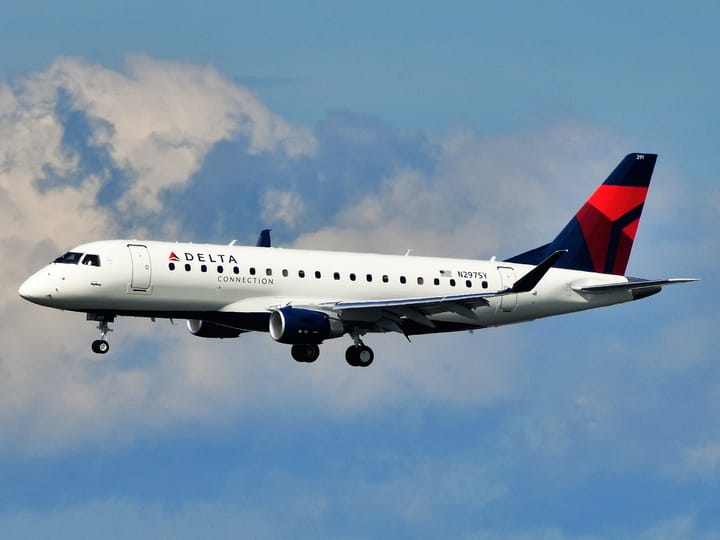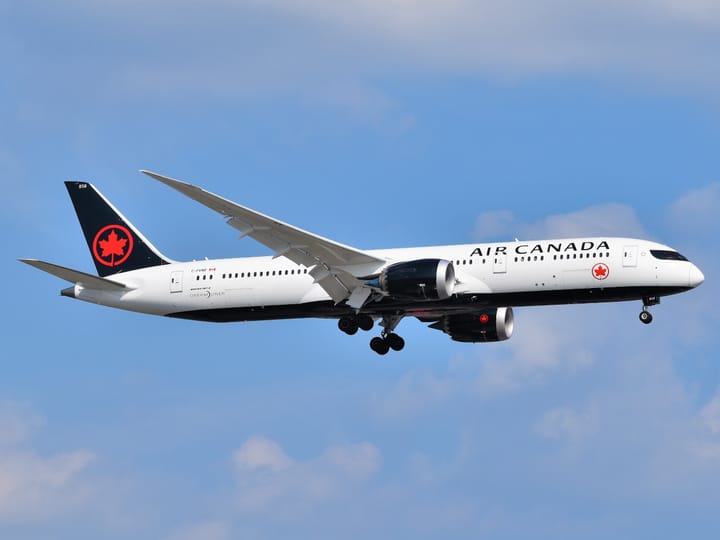Kenya’s Airport Workers Threaten Strike: JKIA Faces Turbulence Ahead
Kenya’s airport workers have issued a 7-day strike notice, demanding the KAA board’s resignation over labor disputes and governance concerns. A walkout could disrupt flights, tourism, and cargo at JKIA, one of Africa’s busiest hubs.

Fasten your seatbelts - and not just for turbulence.
Kenya’s airport workers have officially thrown down the gauntlet. The Kenya Aviation Workers Union (KAWU) served a seven-day strike notice to the Kenya Airports Authority, signaling loud and clear: “Fix our issues, or the airport grinds to a halt.” No negotiations, no small talk - just a firm “we mean business” message straight from the frontline.
The KAWU has issued a seven-day strike notice to the Kenya Airports Authority (KAA), demanding the resignation of the KAA board. This move comes amid unresolved labor disputes and fallout from a canceled airport leasing deal. They are also threatening industrial actions unless 6 of their grievances are not addressed.
At the heart of the dispute is the controversial transfer of Ground Flight Safety (GFS) operations from KAA to the Kenya Civil Aviation Authority (KCAA), a decision made without prior consultation with the union.
KAWU Secretary General Moses Ndiema has expressed deep dissatisfaction with the current board's leadership, citing incompetence and a failure to act in the best interests of the country.
If the issues aren't addressed within the next week, operations at Jomo Kenyatta International Airport - one of Africa's busiest hubs - could face significant disruptions.
What Happens Next?
KAWU has formally given a 7-day notice. After that, they’re ready to “down tools” - in plain English, go on strike - unless management and the board meet their demands. They didn’t fix a date yet, though; they say it could begin any time after that notice period expires.
If that happens:
- Flights and passenger services at JKIA and maybe other airports could be disrupted. Delays, cancellations, chaos at terminals - you know the story.
- Pressure will mount on the government, KAA board, and possibly courts or regulators to intervene.
- Public reaction will likely depend on how much the promise of “efficiency, modernization” (one of the arguments for the Adani deal) is seen versus worker welfare, transparency, national interest etc.
Why This Matters (More than Just Lost Luggage)
It’s tempting to think “oh, another labor dispute,” but there are bigger threads:
- Labor rights vs. privatization: How much modernization is worth if workers are left insecure or displaced?
- Transparency & good governance: Deals like airport leasing have big financial, legal, and reputational stakes. Society wants to know how these decisions are made.
- Trust in institutions: If boards are seen as incompetent, or acting without regard for public interest, trust erodes.
- Precedence: What Kenya does here could set examples for other countries in Africa and beyond facing similar tensions between infrastructure development and labor rights.

Numbers Don’t Lie (But They Do Delay Flights)
JKIA isn’t just another airport. It moves 7+ million passengers a year and anchors an aviation sector worth $3.5 billion to Kenya’s GDP . Over 30,000 jobs directly depend on it, not counting taxi drivers, hotel staff, or farmers exporting flowers to Europe.
So if workers down tools, it’s not just about delayed flights - it’s tourism slowed, cargo held up, businesses stalled, and Kenya’s global reputation taking a hit. In short: every minute of strike time burns more than jet fuel.
The Bigger Picture: Strikes Aren’t Just a Kenyan Thing
Kenya’s airport workers aren’t breaking new ground here - aviation strikes are basically part of the global travel experience. From Europe to Africa, airport workers have a long history of saying, “Pay up, or the planes stay put.”
- France - Their air traffic controllers are legendary for walkouts. Strikes happen so often that flight cancellations across Europe have become almost expected. For instance, Ryanair canceled 170 flights and disrupted over 30,000 passengers on French ATC strike. For frequent flyers, it’s less “Will my flight be delayed?” and more “By how many hours?”
- United Kingdom - Heathrow, one of the busiest airports in the world, has seen repeated staff strikes - from security workers to baggage handlers. These often hit during peak holiday seasons, turning Christmas getaways into unexpected staycations.
- South Africa - In 2019, South African Airways ground staff walked out over pay and job cuts, grounding flights across the country. The strike not only disrupted travel but also raised questions about the airline’s financial survival.
The JKIA strike threat isn’t just about airports - it’s about labor rights, governance, and the people who keep planes in the air. Whether it ends in talks or terminal chaos, the message is clear: modernization without fairness is turbulence waiting to happen.
For more aviation news and updates, make sure to follow us - your boarding pass to the world of aviation.




Comments ()